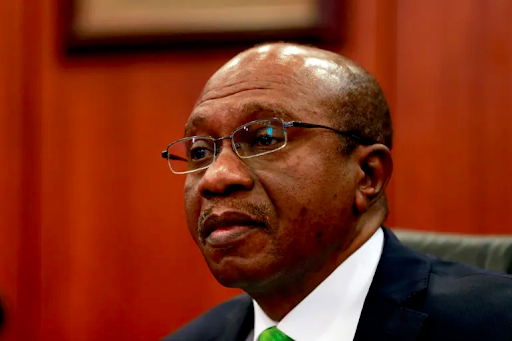Nigeria’s sovereign dollar-denominated bonds experienced a significant surge in value as overseas investors positively responded to the late-week suspension of Central Bank governor Godwin Emefiele. Emefiele, who oversaw multiple exchange rates in an attempt to bolster the naira, faced criticism for his approach. The price of Nigeria’s eurobonds saw a notable increase on Monday, rising as much as 2.6 cents in the dollar, with many issues reaching their highest prices since late January, according to Reuters.
Longer-dated maturities witnessed the most substantial gains, with the 2049 maturity up 2.353 cents to 80.231 at 07:46 GMT, as reported by Tradeweb data. The positive market response indicates investor confidence in the potential for a more focused and predictable monetary policy, signaling a departure from the previous interventionist foreign-exchange regime.
Nigeria grapples with severe dollar shortages, leading to increased reliance on the black market for foreign currency. The suspension of Emefiele, criticized by President Bola Tinubu for his handling of the naira and monetary policy, is seen as a move towards addressing economic challenges and implementing reforms to reset Nigeria’s struggling economy. Tinubu has already taken steps such as removing the fuel subsidy and committing to consolidating multiple exchange rates.
Barclays economist Michael Kafe commented on the changes, stating that they signal a new era of focused and predictable monetary policy, as well as a shift towards non-interventionism in the foreign-exchange regime. The swift actions by the newly appointed president, particularly the removal of the fuel subsidy, suggest a commitment to tackling economic challenges early in his term.
Folashodun Shonubi, appointed acting head of the Central Bank in the wake of Emefiele’s suspension, assumes a critical role in shaping Nigeria’s monetary policy during this transition. Emefiele, now in custody and under investigation, faces uncertainty regarding the charges against him. While a court order in December blocked his arrest for suspected terrorism financing due to a lack of evidence, the grounds for the recent arrest remain unknown.
The suspension of Emefiele and the subsequent market response underscore the challenges and dynamics in Nigeria’s economic landscape. Investors closely watch for further developments and policy direction as the country navigates through economic reforms under President Tinubu. The positive reaction in the bond market suggests optimism regarding potential improvements in Nigeria’s monetary policies and economic outlook.

